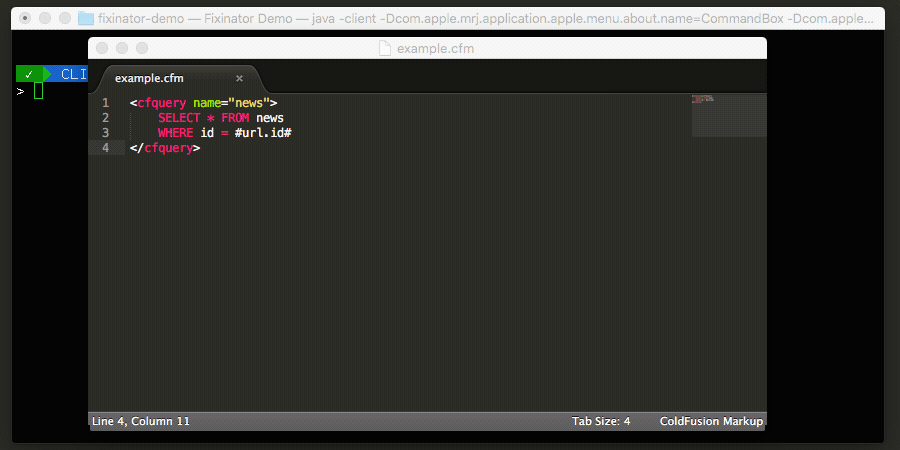Related Posts
By Pete Freitag
As you may have noticed I recently added tags to my blog. The main reason I implemented tags was so that I could find related posts based on mutual tags. So if two posts have similar tags, they will show up in as related.
Here's how I find the related tags:
<cfquery datasource="#ds#" name="tags"> SELECT tag FROM blogtags WHERE entryid = <cfqueryparam cfsqltype="cf_sql_integer" value="#url.id#"> </cfquery> <cfif tags.recordcount> <cfquery datasource="#ds#" name="related"> SELECT e.title, e.id, COUNT(t.entryid) FROM blogentries AS e, blogtags AS t WHERE t.entryid <> <cfqueryparam cfsqltype="cf_sql_integer" value="#url.id#"> AND t.tag IN (<cfqueryparam list="true" value="#ValueList(tags.tag)#">) AND e.id = t.entryid GROUP BY e.title, e.id HAVING COUNT(t.entryid) > 1 ORDER BY COUNT(t.entryid) DESC LIMIT 5 </cfquery> ...display related entries </cfif>
I know, I'm using two database queries, and this could probably be done using one query, but I already need to run the tags query to list the tags for the current entry.
The query pulls the 5 most related entries. In order for them to be related I require at least two common tags, that's what the HAVING COUNT(t.entryid) > 1 is for.
Related Posts was first published on April 08, 2005.
If you like reading about tags, sql, cfquery, databases, blog, folksonomy, or tagging then you might also like:
- Make your blog better with tags
- How To Make a Tag Cloud
- Visualization of my del.icio.us tags
- Amazon Adds Tagging
The Fixinator Code Security Scanner for ColdFusion & CFML is an easy to use security tool that every CF developer can use. It can also easily integrate into CI for automatic scanning on every commit.
Try Fixinator
 Pete Freitag
Pete Freitag
thx again ;)